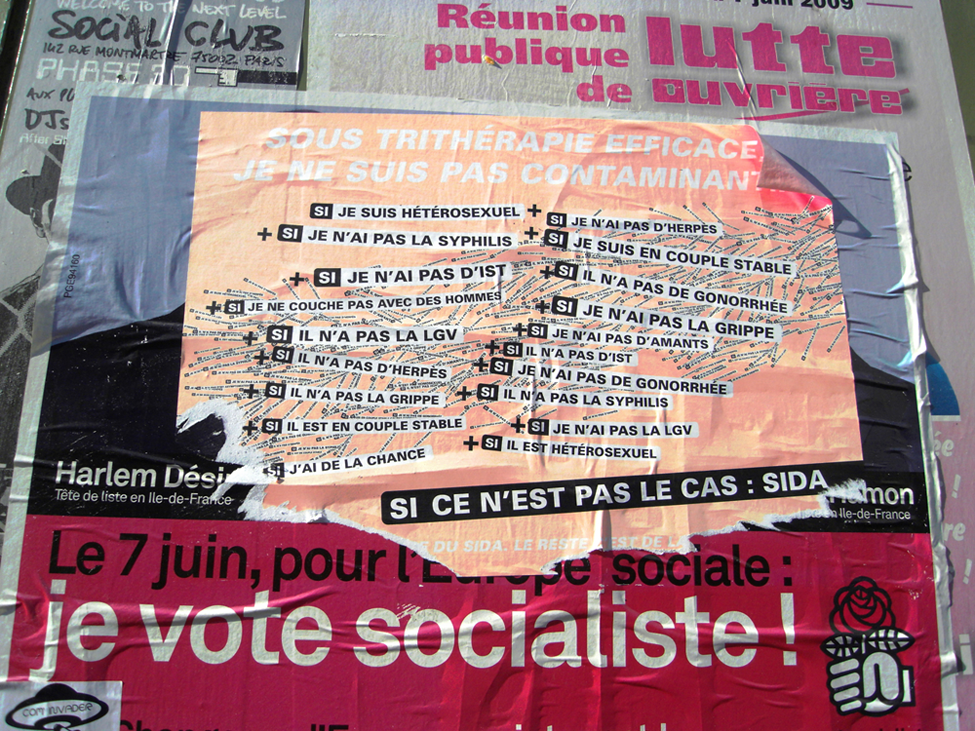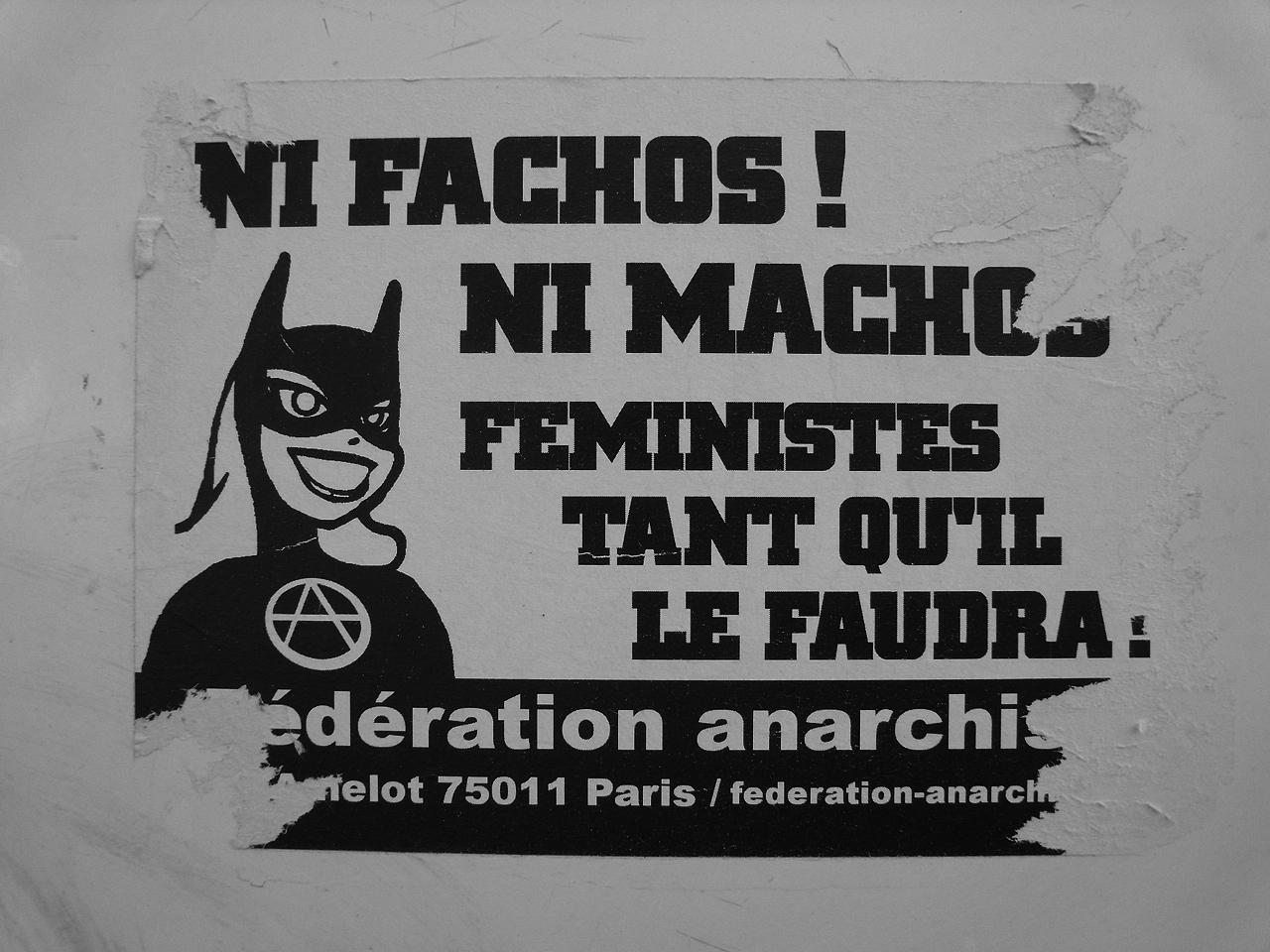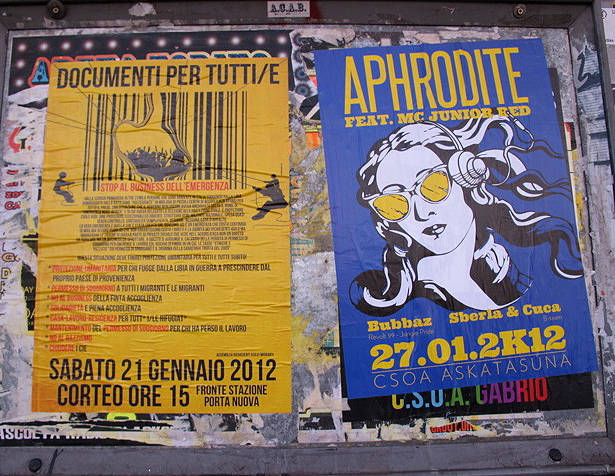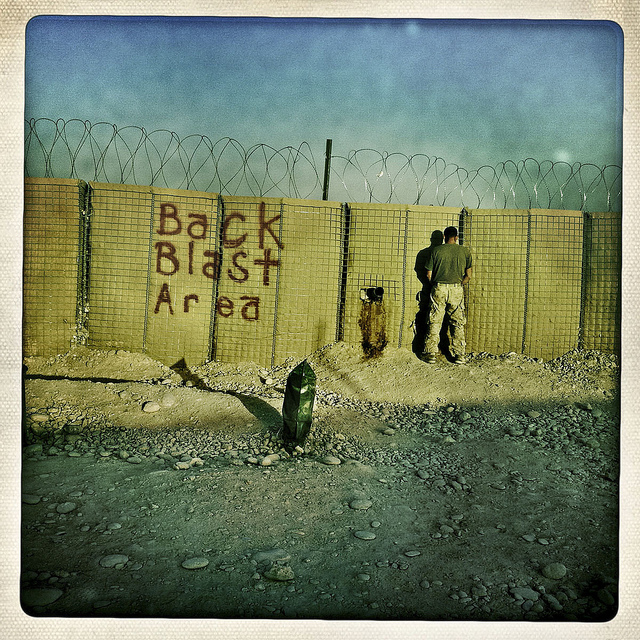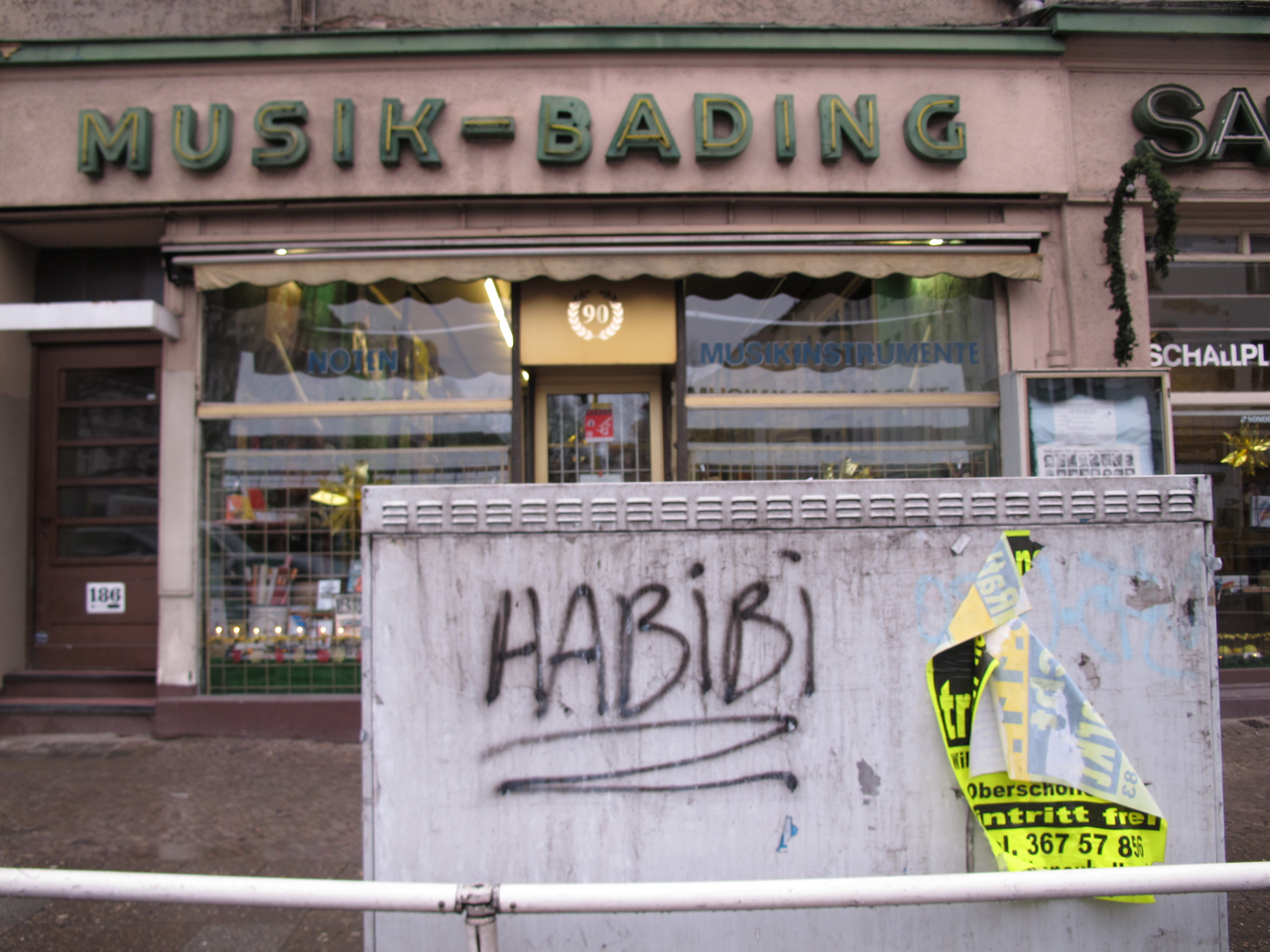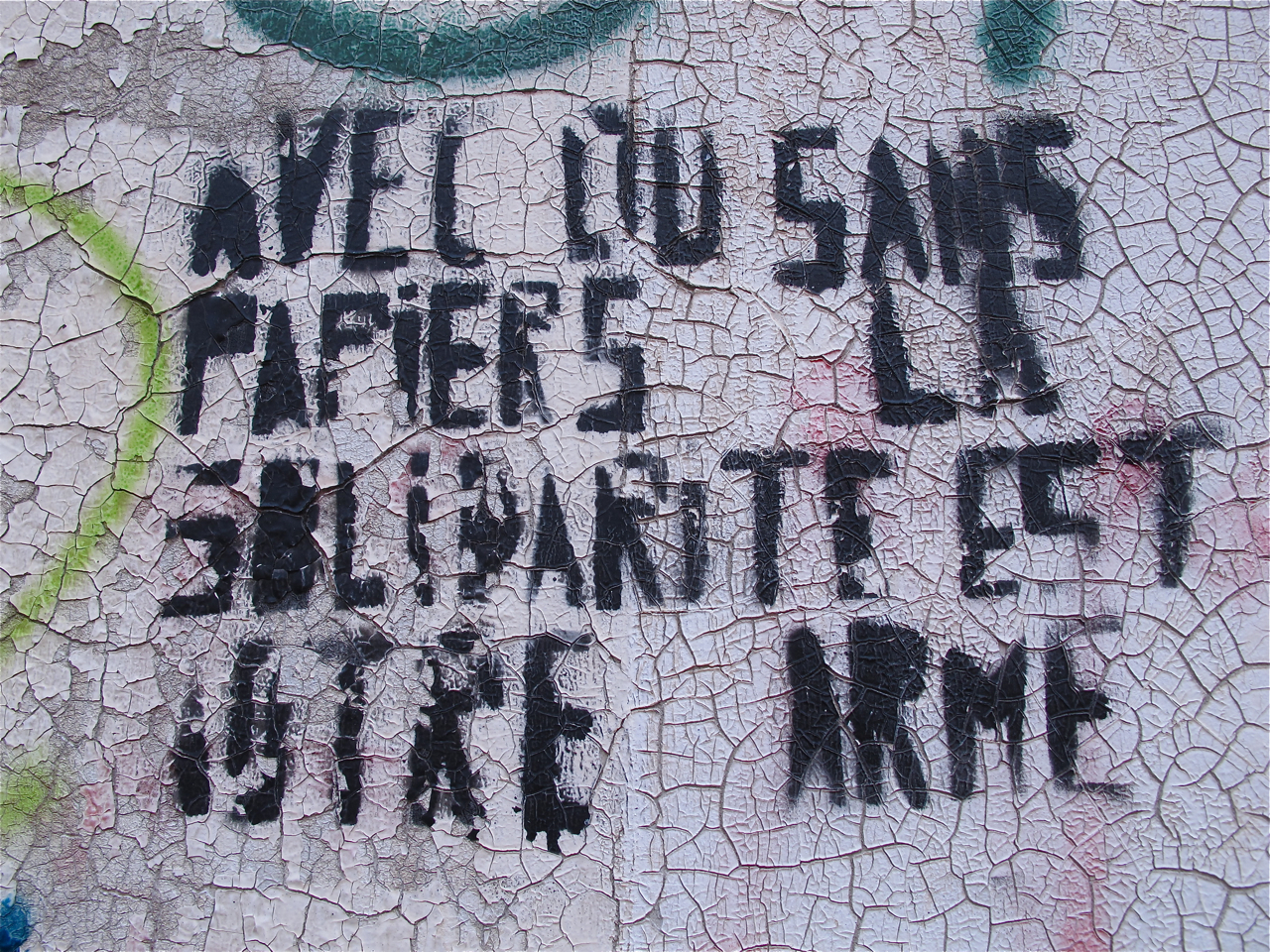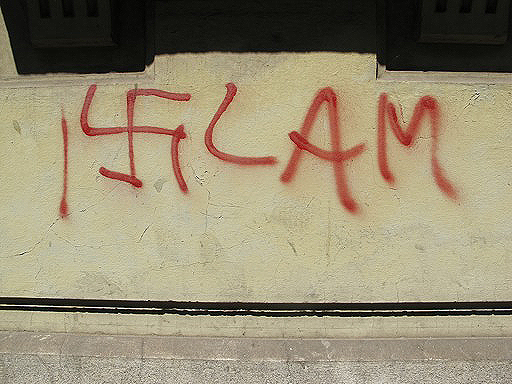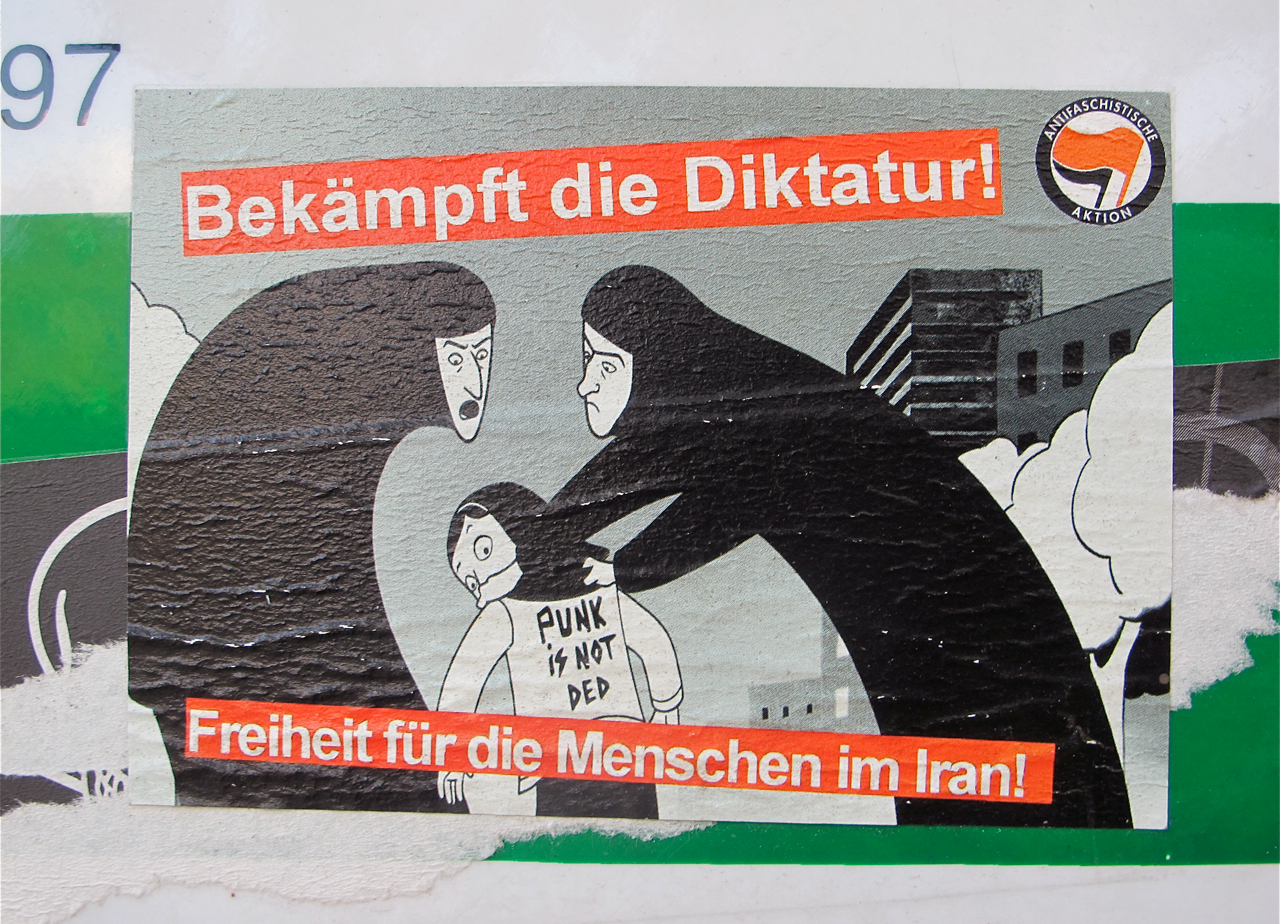Nicolas Sarkozy occupies a unique space in European politics. The child of a Hungarian father, and a half-Sephardic Jewish mother (of Greek origin, no less) the French President is nevertheless hostile towards immigration. (More…)
Author: RandomizerMost progressive periodicals emphasize words over images. Not Souciant. Randomizer is a column devoted to our love for political visuals. Collectively-authored by Souciant’s editorial staff, wherever they are. Including the kitchen.
Most progressive periodicals emphasize words over images. Not Souciant. Randomizer is a column devoted to our love for political visuals. Collectively-authored by Souciant’s editorial staff, wherever they are. Including the kitchen.
Paris is plastered with montages. This Bastille wall, featuring a mashup of leftist posters, is especially notable. Not just for its politics, but the message it communicates. The top layer, featuring a flyer dispelling myths about HIV infection, sits on top of a poster that states “I vote socialist.” Linked together, and you have an argument in favor of public health care. Well, not exactly. But the insinuation is clear. (More…)
With the exception of albums such as Kode9 and the Spaceape’s Memories of the Future, and Dusk and Blackdown’s Margins Music, dubstep is not known to be political. Reflective of its contexts, like Burial’s debut, certainly, but a protest idiom, like punk, well, no. (More…)
“Not macho, not fascist!” “Feminists when needed.” Despite the feline-looking cartoon figure, the gender of these leftists is ambiguous. Male or female, they’re all on call against misogyny. Marais café men’s room, September 2009. (More…)
The Goddess of Love is not normally associated with migrant advocacy. However, there is no mistaking the meaning created by the tandem placement of these two event flyers. Posted to a municipal billboard on the left side of Turin’s Askatasuna squat (an occupied house, or a social center, as they are referred to in Italy) the message is clear. (More…)
Hummus and and falafel have long been staples in US supermarkets. The more expensive and alternative the vendor, the bigger the Middle Eastern food offerings. Aimed at vegetarians and international clientele (Arabs and Israelis, especially in larger cities) offerings have improved in recent years, despite the persistence of problems that tend to plague Levantine-American cuisine, such as an absence of tahina. (More…)
America is notorious for its lack of public restrooms. Unlike Europe, however, it is extremely uncommon to find people relieving themselves in public places. For lack of a more polite way of putting it, Americans simply hold it in. Until they get home, that is. (More…)
It’s an instant montage. If you know anything about the neighborhood, the contrast is entirely appropriate. Matching Arabic (Habibi, or “beloved”) with the German spelling for music (the store in the background sells musical instruments and scores,) the combination of words is its own metaphor. Even better, the street this scene is set on goes by the name of Karl Marx Straße. Berlin, anyone? (More…)
“Sans papiers.” For European advocates of multiculturalism and social justice, few terms have as much political significance as this piece of graffiti testifies, in Brussels’ Matongé neighborhood. French for “without papers,” the designation was originally coined in reference to illegal immigrants to France, who number up to 400,000, according to The Guardian. (More…)
Europe didn’t need Anders Breivik to know that xenophobia has grown to epidemic proportions. Sample graffiti in any metro area, and you’ll find more hate speech than anything else. Despite its leftist politics, Turin, for example plays host to amongst the most racist tagging in Italy. Note the use of a Swastika, in the place of an S, in the word “Islam.” (More…)
Don’t let reports about his inevitable return fool you. No matter how powerful Silvio Berlusconi remains, a vast number of Italians would prefer he disappear, forever. Whether they can actually get rid of him is another story. (More…)
They sound like neocons. Promoting Israel, criticizing Islam, decrying the lack of democracy in Iran. In reality leftist radicals, ANTIFA (Anti-Fascist Action) aren’t the most orthodox progressives. All the same, it’d be difficult to argue that they weren’t fellow travelers, either. Blame it on a fondness for appropriating imagery from Hollywood films, and comic books, like this sticker’s use of a scene from Marjane Satrapi’s award-winning Persepolis.

